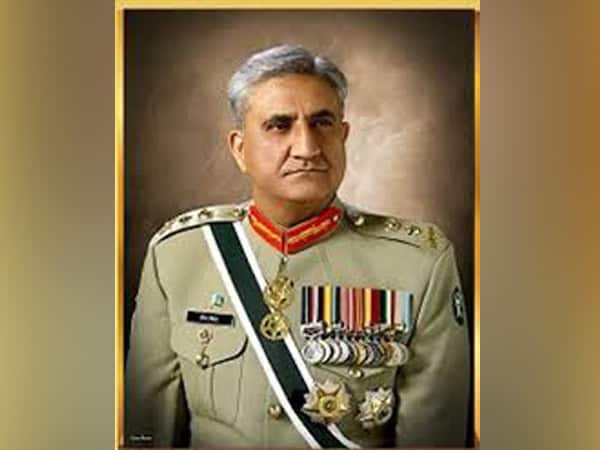Netherlands [Amsterdam]: Pakistan’s Chief of Army Staff General Qamar Javed Bajwa on Monday called for a meaningful dialogue between India and Pakistan.
Bajwa while addressing a passing-out parade of cadets said, “That only through comprehensive and meaningful dialogue a solution could be found for the disputes between the two countries”, as quoted by European think-tank European Foundation for South Asian Studies (EFSAS).
This comes after Indian army Chief General Bipin Rawat’s statement of April 15 saying that peace is the only solution to improve the situation in Jammu and Kashmir and it could be ensured through a dialogue between India and Pakistan.
Pakistan has extended its support to China’s projects including One Belt and One Road and China Pakistan Economic Corridor which pose a threat to the internal security of India as well as to its foreign trade relations. This has constantly impacted the Indo-Pakistan relations in a negative manner.
Recently, Pakistan allowed 2008 Mumbai terror attack mastermind Hafiz Saeed to contest elections. Saeed is the co-founder of Lashkar-e-Taiba (LeT) and the chief of Jama’at-ud-Da’wah (JuD) both of which are United Nations-designated terror organisations.
In the past there have been a row of incidents where important diplomatic meetings have been followed by terror attack by Pakistan.
Instantly, in 1999 then Prime Minster Atal Bihari Vajpayee took a ride in Delhi -Lahore Bus. Three months after that Kargil war broke out.
In 2001 the Indian Parliament was attacked which left 14 people dead. Post the attack both the countries deployed heavy military across the border and was followed by a standoff until October 2002.
Later in 2004 Vajpayee and the then Pakistan President Parvez Musharraf held direct talks at the 12th South Asian Association for Regional Cooperation (SAARC) summit in Islamabad.
A period of relative peace between the countries was observed which got massively disturbed in 2008 by an attack by members of Lashkar-e-Taibah on the Mumbai Taj hotel which led to the death of 164 people. Terrorists Ajmal Kasab was later held captive by the Indian police.
In the wake of the attacks India ceased communication with Pakistan.
As current Prime Minster Narendra Modi took to the office in 2014, he invited the ousted Pakistan Prime Minister Nawaz Sharif to his swearing-in ceremony. Then a year later Prime Minister Modi made a surprise stop-over in Lahore on his way from Kabul to wish the Pakistani Prime Minister on his birthday.
Soon after, Western Air Command of the Indian Air Force in Pathankot got attacked by terrorists of the Pakistani based Jaish-e-Muhammed followed by the Uri attack leading to the death of 17 Indian soldiers.
If General Bajwa truly means his words he will have to halt Pakistan’s terror activities in Kashmir and curtail the movement of Taliban militant group in Afghanistan. (ANI)

